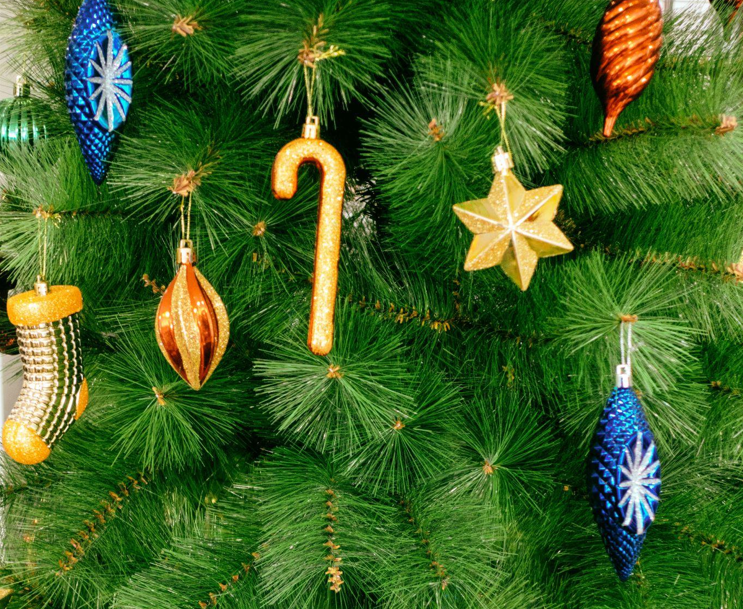The Rise of Artificial Christmas Trees in Conservative Households
Artificial Christmas trees have become a popular holiday tradition in many homes, including those with conservative and Republican beliefs. This trend can be attributed to their durability, cost-effectiveness, and convenience. Fake trees do not require any upkeep; they can last many years and are often cheaper than real trees in the long run. Moreover, with the rise of eco-friendliness, artificial trees allow conservatives to express their conservationist values without sacrificing their holiday traditions.
However, another dimension to the conservative appeal of artificial Christmas trees is their rejection of the liberal notion of environmental protection. Conservatives view themselves as protectors of tradition and capitalism, and they often reject anything that challenges their worldview. Some conservatives see real Christmas trees as a symbol of wastefulness and excessive government regulation, which they believe hampers economic growth and personal freedom. Therefore, the adoption of artificial trees represents a conservative backlash against the perceived intrusion of the government and the environmental movement into their personal lives.
Right-Wing Politics and the Symbolism of Christmas Trees
The debate over artificial versus real Christmas trees is not only about aesthetics or financial considerations but also about the symbolism behind this iconic holiday decoration. For conservatives, Christmas trees represent the Christian values of family, tradition, and faith. Real trees, in particular, carry the added significance of natural beauty and organic growth, which are perceived as divine gifts from God. Thus, using an artificial tree can be seen as rejecting God’s creation in favor of human-made substitutes.
Additionally, the adoption of artificial Christmas trees can be linked to a broader conservative trend of rejecting multiculturalism and political correctness. Some right-wing activists argue that the use of generic, non-religious symbols such as snowflakes or snowmen instead of Christmas trees is a form of censorship and secularization of the holiday. Therefore, the use of an artificial tree by conservative households can be an act of resistance against the perceived erosion of Christian values and traditions in American society.
In conclusion, the politics of artificial Christmas trees are more nuanced than they seem at first glance. While some conservatives may choose them for their practical benefits or environmental concerns, others adopt them as a symbol of resistance against government regulation and liberal values. Moreover, fake trees can have deep religious and cultural meanings that reflect broader conservative beliefs about the role of tradition and faith in American life. Regardless of one’s political views, it is clear that Christmas trees are not just a festive decoration but also a statement about who we are and what we believe.

